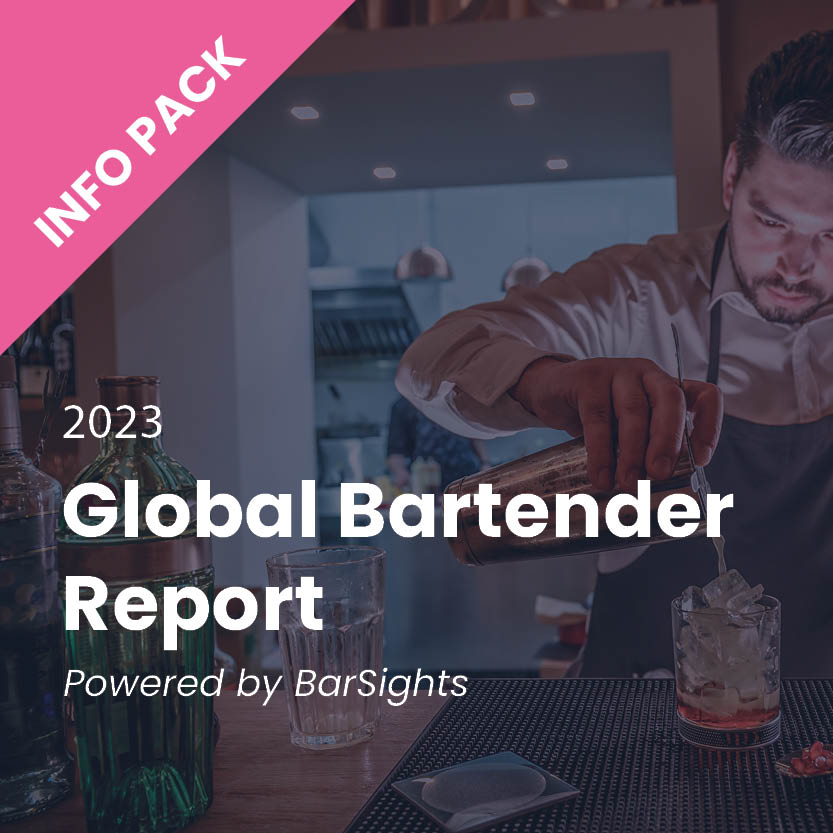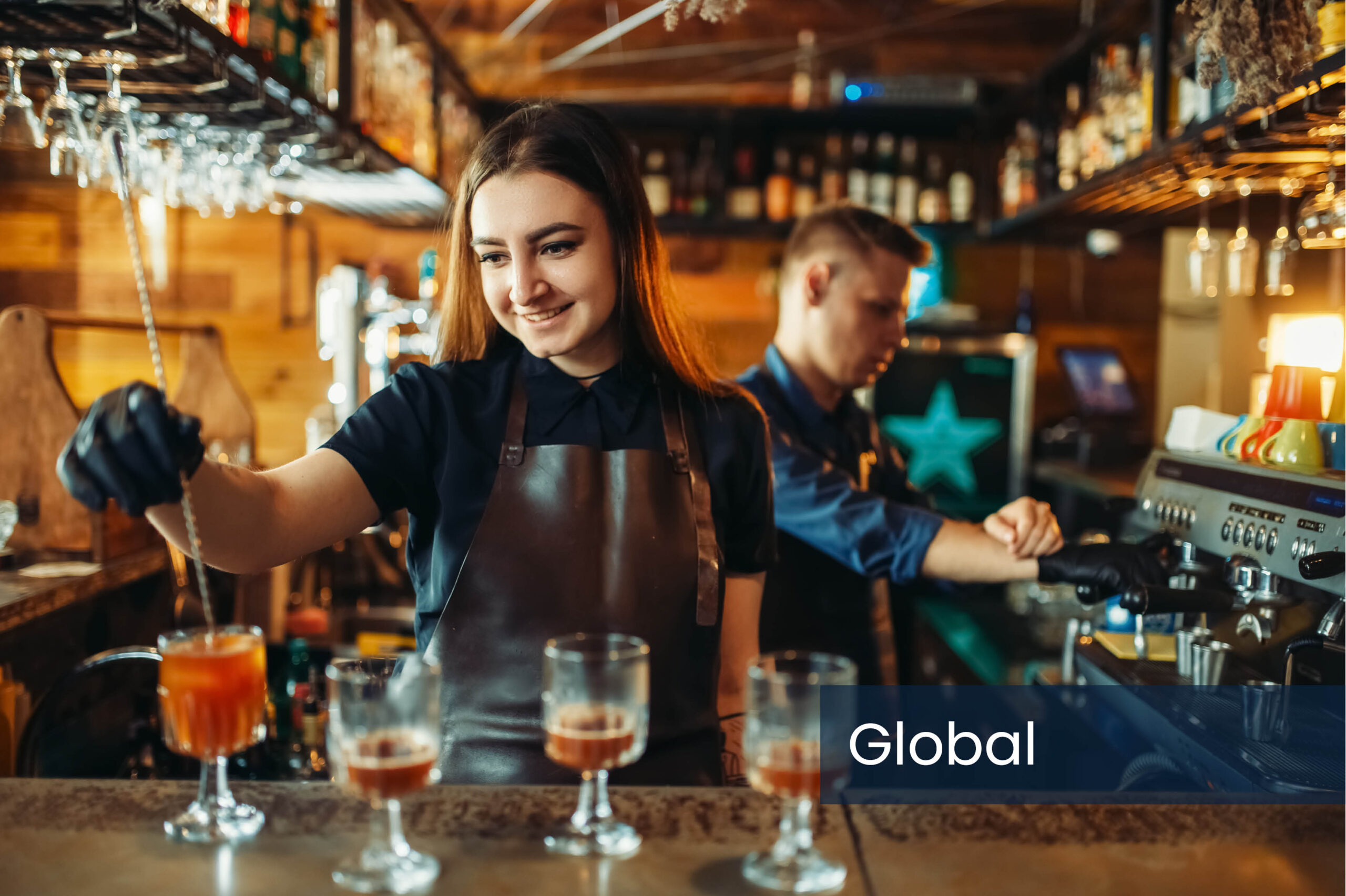
The exclusive report—based on CGA’s in-depth BarSights survey of 1,500 bar professionals in ten key countries—is packed with insights into teams’ needs, preferences and knowledge. More than nine in ten (93%) respondents say relationships with suppliers and distributors are important to them—and over half (53%) say they are very important.
Good relations are crucial, because they influence bartenders’ recommendations to guests—a very powerful factor in sales. More than nine in ten (93%) bar staff say they suggest drinks to guests on every shift, and 71% say their recommendations are bought every or almost every time.
The report highlights the most valuable ways for suppliers to support teams and grow sales. Here are five core components of high-quality engagement strategies.
1 Logistics
Above all, bartenders want suppliers to help them run their venues well. Nearly nine in ten (89%) say support with logistics and flexibility is important. Reliable deliveries, a wide range of available products and competitive pricing are among the priorities.
2 A personalised approach
Effective assistance begins with a knowledge of needs. Suppliers’ passion for a venue, and understanding of its requirements and guests, are important to 88% of bar professionals. This highlights the value of a personalised approach and tailored packages of support.
3 Reps and ambassadors
The same number of participants in the Global Bartender Report (88%) say close relationships with sales reps and brand ambassadors are important. A third (36%) think ambassadors’ visits will become even more important to them in the future, and the number rises to nearly half in many European countries. These links are vital if suppliers are to deliver the personal service that venues want, and finding the right timing of visits is important. Preferred frequency varies, but on average bartenders would like to see reps and ambassadors two or three times a month.
4 Training
The training of bar staff—especially on creating the perfect serve—is important to 84% of bartenders, and a third would like to see more of it from suppliers. Asked about the best forms of education, nearly two thirds (62%) say tastings or brand masterclasses work well, and events (43%) and mentorship (38%) are also popular. However, there is no one-size-fits-all approach, and training needs to be adapted to different priorities and levels of experience.
5 In-person events
CGA by NIQ’s survey indicates that live events are much more valuable to bartenders than online ones. More than two thirds (68%) say they are interested in tours of distilleries, breweries and vineyards, while well over half would like to join more in-person seminars (58%) and trade shows (57%)—much higher than the number who are interested in online seminars (39%).
George Argyropoulos, CGA by NIQ’s client solutions director, said: “Bartenders are one of the most powerful drivers of drinks sales that suppliers have, but there’s room to give them much more support. Good relations are symbiotic, benefiting venues as well as suppliers, and our research shows a personalised, passionate and flexible approach is key. The Global Bartender Report is the perfect starting point for crafting engagement strategies that work best from country to country and achieving brand advocacy around the world.”
The Global Bartender Report is packed with insights into many more areas of support for bartenders’ work, including career development, menus and the use of social media. It is available from CGA by NIQ now. To learn more and discuss opportunities of research in individual countries, click here.





